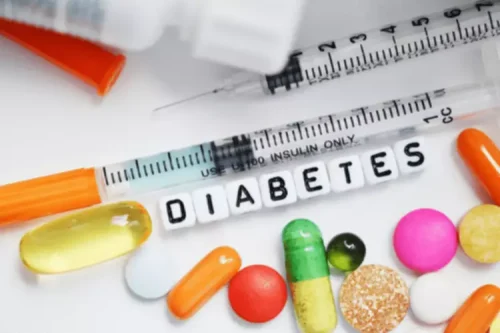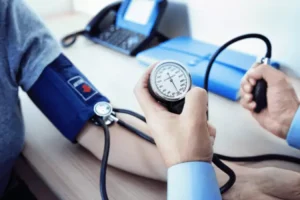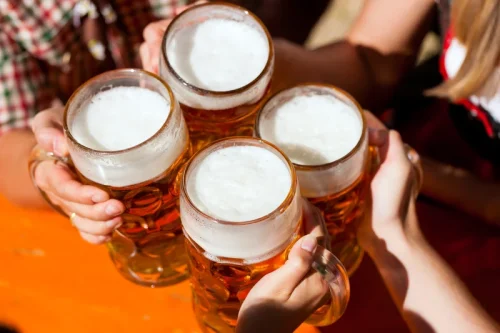
Phobias can happen to people who aren’t very anxious in other areas of life, as well as people who have other types of anxiety, says Dr. Daramus. For example, maybe you think that you acted like someone who was shy the last time you saw certain people but you’ll https://ecosoberhouse.com/article/alcohol-intolerance-symptoms-and-causes/ be prepared with a fact or story the next time you run into them. This offers you an opportunity to change how you perceive yourself, as well as how you feel that others see you. We are our own worst critics, which makes it easy to get stuck in our own heads.
Medical Professionals

People with complex phobias can also find it harder to avoid triggers, such as leaving the house or being in a large crowd. Supervised medical detoxification at Gratitude Lodge makes the withdrawal process safe and comfortable. With the proper medications and 24/7 care, we’ll help you streamline the transition to ongoing inpatient treatment. Overcome your fear of recovery by choosing to initiate treatment at Gratitude Lodge in Southern California.

Past traumatic experience
- If you believe that you have the symptoms of some type of phobia, consult a doctor for further evaluation and treatment advice.
- Specific phobia occurs in 7.4% of individuals, making it one of the most common mental health disorders.
- The amygdala can trigger the release of “fight-or-flight” hormones.
- Detox and withdrawal, then, need not be uncomfortable or intimidating.
- Yes, meditation and mindfulness can be beneficial in managing the fear of being sober.
- There is no way to prevent a phobia, but early treatment of panic disorders may help prevent agoraphobia.
Angrophobia is classified as a specific phobia, which is an intense fear of an object or situation that can result in extreme distress and avoidance behaviors. An estimated 12% of people deal with a specific phobia at some point in their lives. But, phobias also co-occur with other mental health disorders such as SUD.

What Are Phobias?
Phobias that are left untreated can lead to significant impairment. One that isn’t managed may begin to interfere with school, work, personal relationships, and social life. These complications can occur with almost any phobia, not just cibophobia.
A phobia is a type of anxiety disorder that causes overwhelming fear of an object, event or situation. To others, the fear may seem irrational or silly, but the person with the phobia feels genuinely threatened and afraid. Some people might be terrified of the physical symptoms that come with fear, such as rapid breathing or dizziness. In addition to these physical symptoms, people may experience dread, a sense of impending doom, fear of losing control, or even the feeling that death is imminent. To avoid such feelings, people with phobias may avoid any situation where they might potentially encounter the source of their fear. Nifaliophobia is an anxiety disorder focused on sobriety and the fears related to facing a life without alcohol or drugs.
Cognitive Behavioral Therapy (CBT)

A complex phobia is much more likely to affect a person’s wellbeing than a specific phobia. Detox and withdrawal, then, need not be uncomfortable fear of being sober or intimidating. In addition to helping people overcome physical dependence, detox also serves as a bridge to ongoing recovery.
- Although dramatized depictions of detox in media may suggest that the drug or alcohol withdrawal is almost unmanageable, engaging with supervised medical detoxication streamlines the process.
- A phobia is a type of anxiety disorder that involves intense, ongoing fear of a certain object, situation, activity, or environment.
- Research supported by the National Institute of Mental Health (NIMH) has also identified the site of a gene in mice that affects learned fearfulness.
- Many people with specific phobias will not seek treatment as these fears are often manageable.
- The first thing is that sobriety can be a really hard thing to face for a lot of addicts.
- The goal of treatment is to help you recognize that the feared stimulus is not dangerous and to provide support.
- When this happens, stress hormones are released that cause symptoms such as increased heart rate, dizziness, hot flashes or chills, chest pain or tightness, and butterflies in the stomach.
